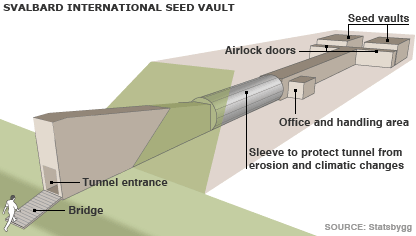Feb 17, 2007
Open Source Terraforming
Posted by Jamais Cascio in categories: engineering, open source, sustainability
Whether we like it or not, geoengineering — a process I’ve taken to calling “(re)terraforming the Earth” — is now on the table as a strategy for dealing with onrushing climate disaster. This isn’t because it’s a particularly good idea; as far as we presently know, the potential negative impacts of geoengineering projects seem to significantly outweigh any benefits. Nonetheless, (re)terraforming has drawn an increasing amount of attention over the past few months. One key reason is that, if it could be made to work, it wouldn’t just moderate climate change — i.e., slow it or stop it — it would actually serve as a climate change remediation method, reversing global warming.
The cynical and the insipid apparently believe that pursuing the geoengineering option would allow us to avoid making any changes in technology or behavior intended to reduce greenhouse gas output. This sort of logic is wrong, utterly wrong. For any plausible geoengineering project to succeed, we’d have to have already stabilized the climate. As it turns out, the brilliant and clearly-needed advances in technology and changes in behavior supported by those of us who proudly wear the label “bright green” will do exactly this, reducing, even eventually eliminating, anthropogenic emissions of greenhouse gases. We need to do this as quickly as possible. As the saying goes, if you want to get out of the hole you’re in, the first thing to do is stop digging.
But none of the bright green solutions — ultra-efficient buildings and vehicles, top-to-bottom urban redesigns, local foods, renewable energy systems, and the like — will do anything to reduce the anthropogenic greenhouse gases that have already been emitted. The best result we get is stabilizing at an already high greenhouse gas level. And because of ocean thermal inertia and other big, slow climate effects, the Earth will continue to warm for a couple of decades even after we stop all greenhouse gas emissions. Transforming our civilization into a bright green wonderland won’t be easy, and under even the most optimistic estimates will take at least a decade; by the time we finally stop putting out additional greenhouse gases, we could well have gone past a point where globally disastrous results are inevitable. In fact, given the complexity of climate feedback systems, we may already have passed such a tipping point, even if we stopped all emissions today.
In other words, while stopping digging is absolutely necessary, it won’t actually refill the hole.

 The
The 







